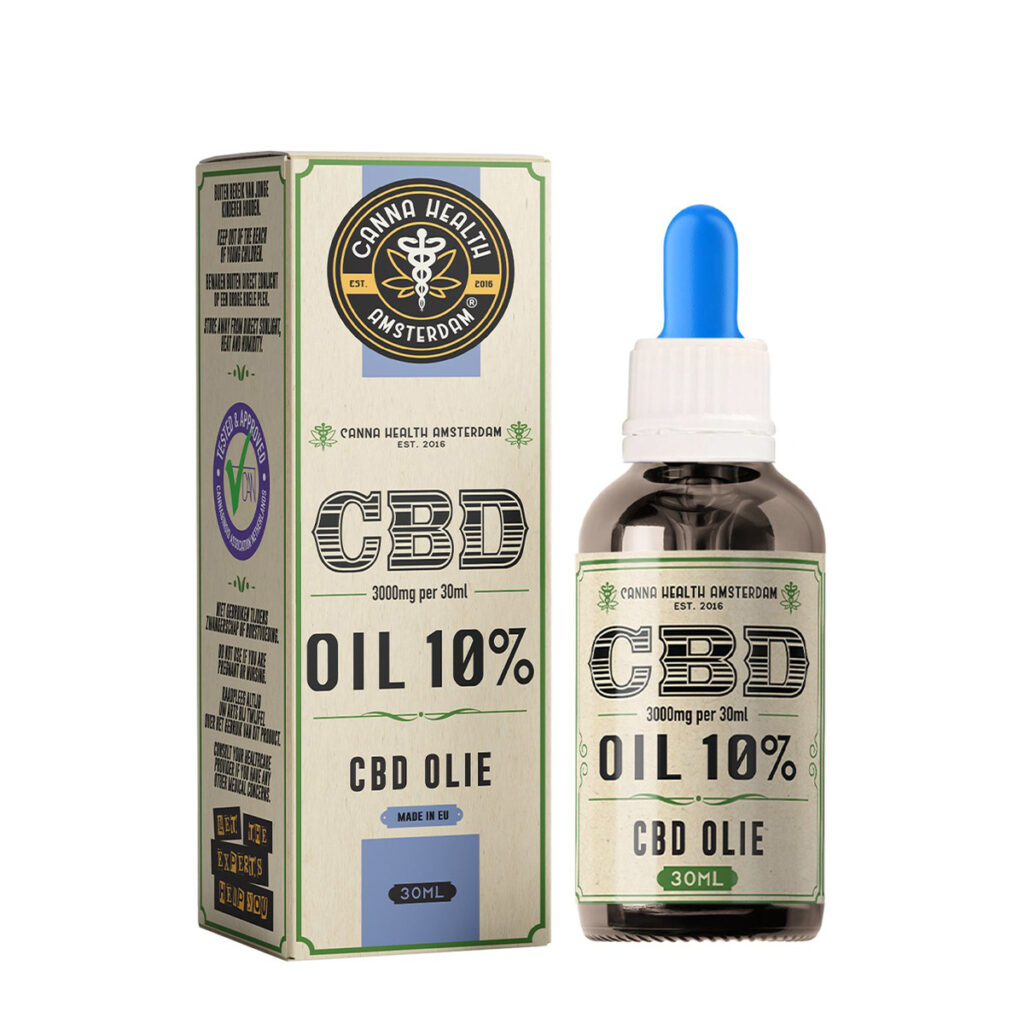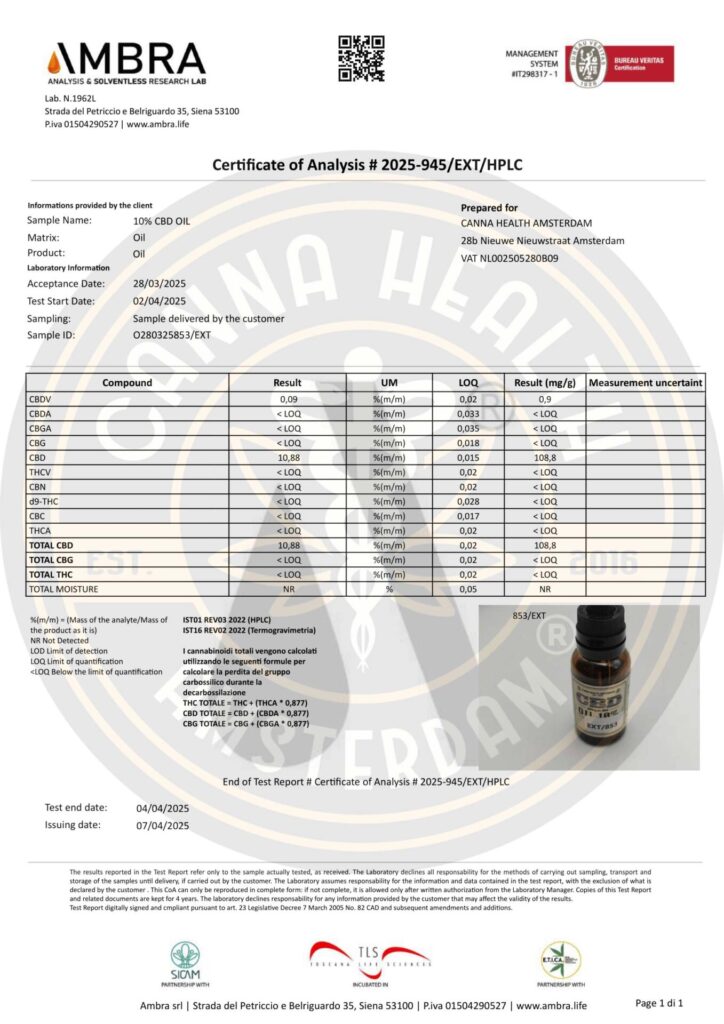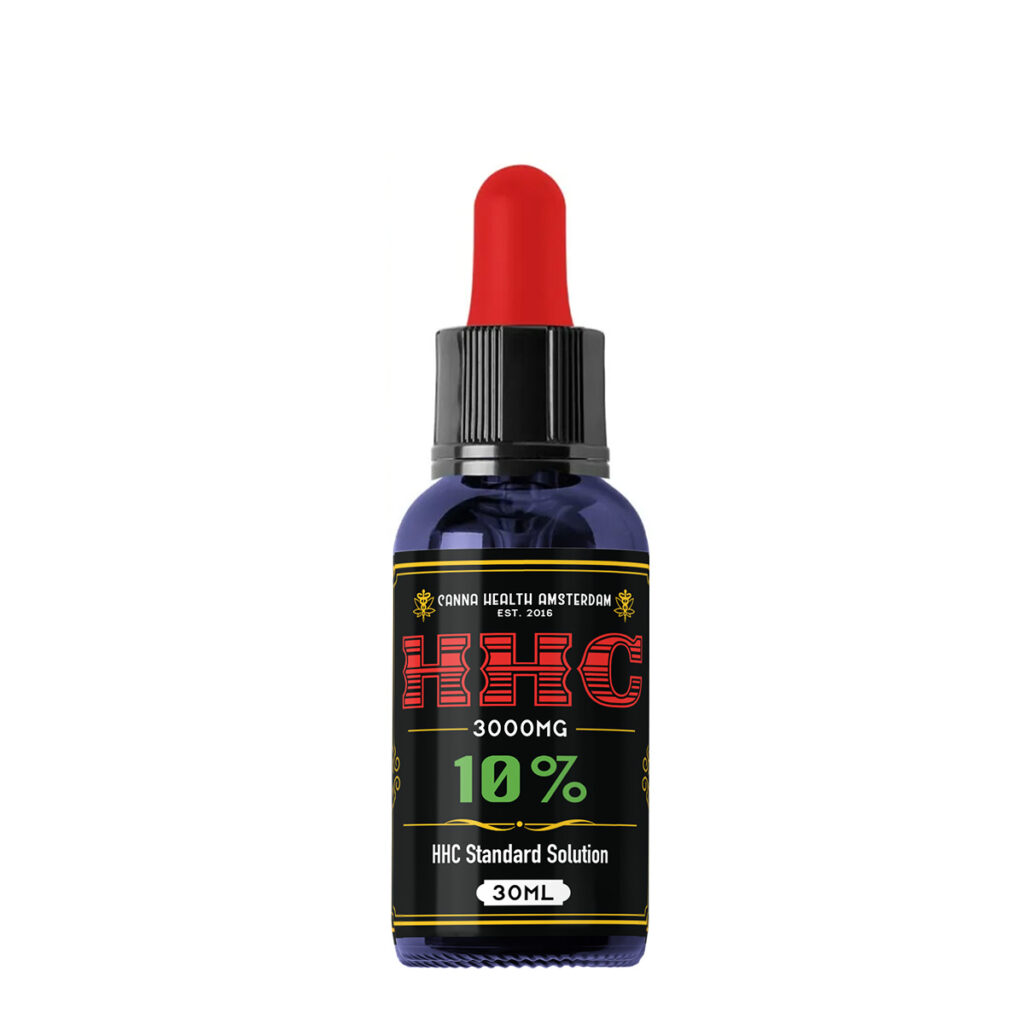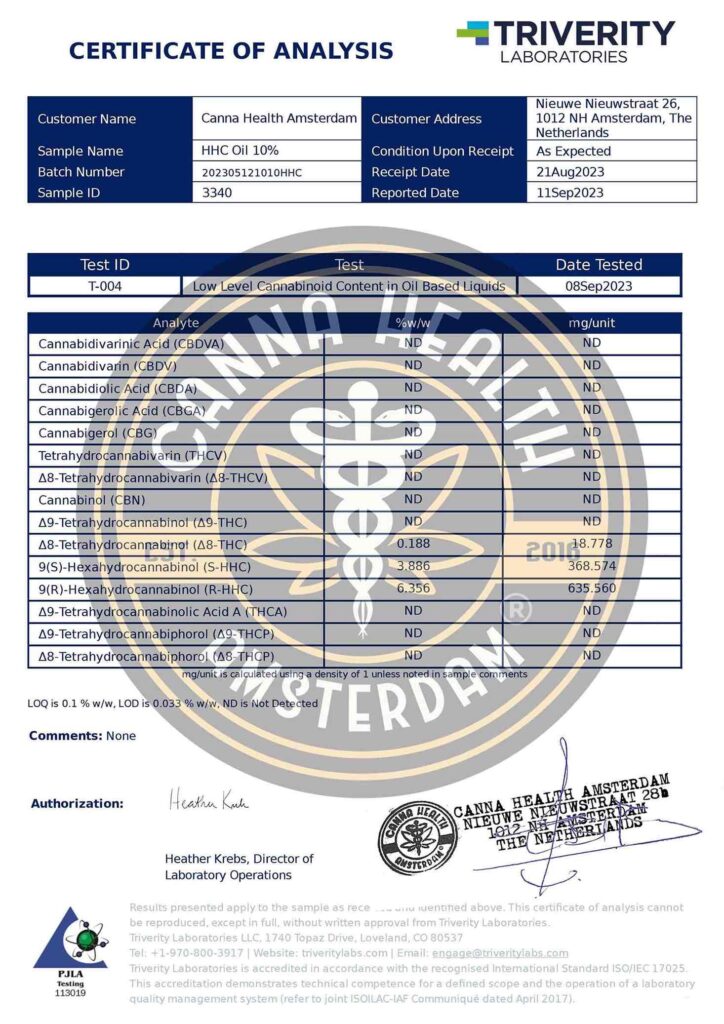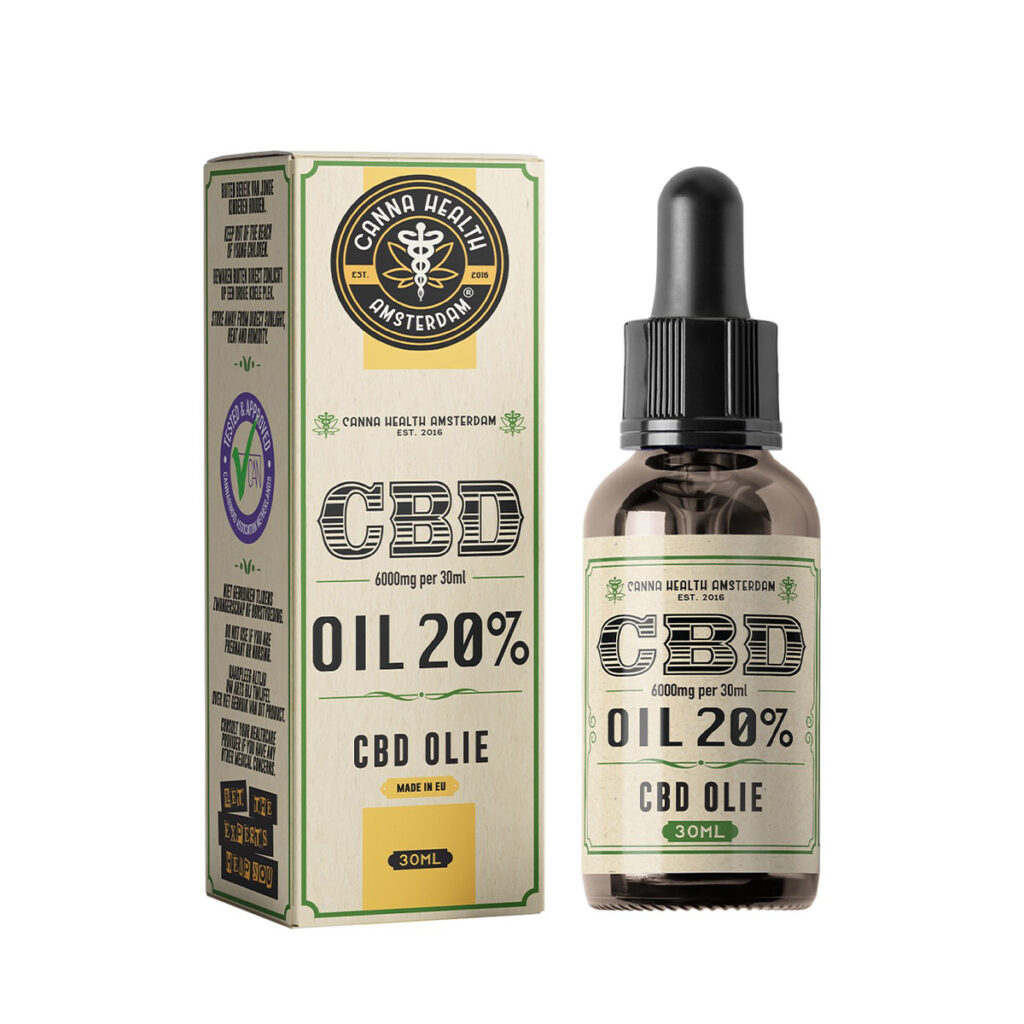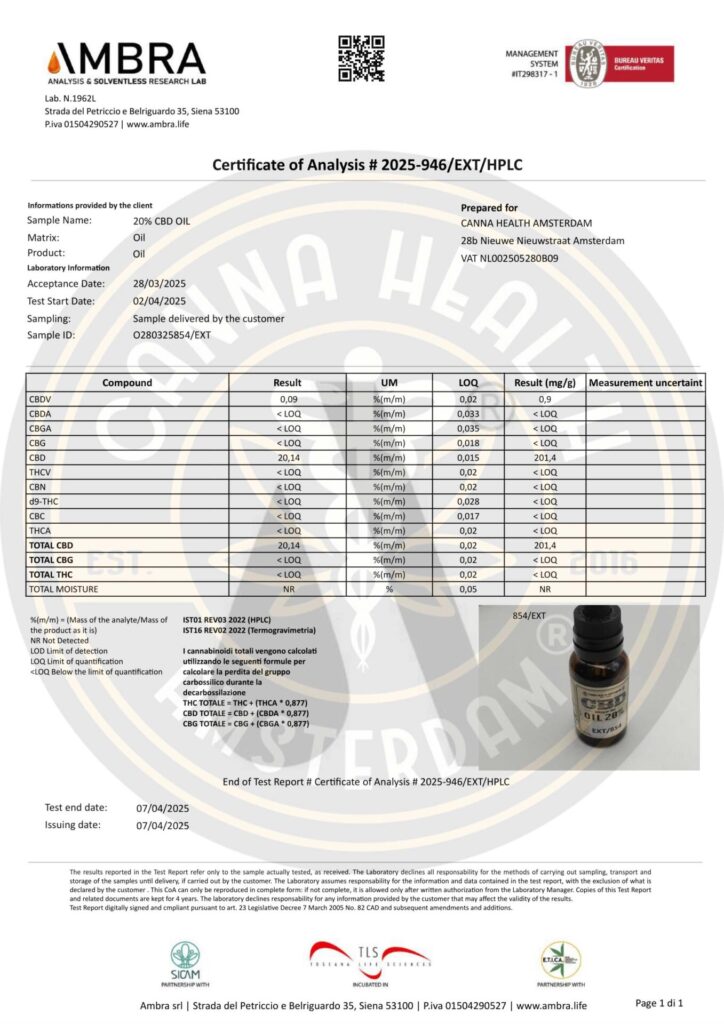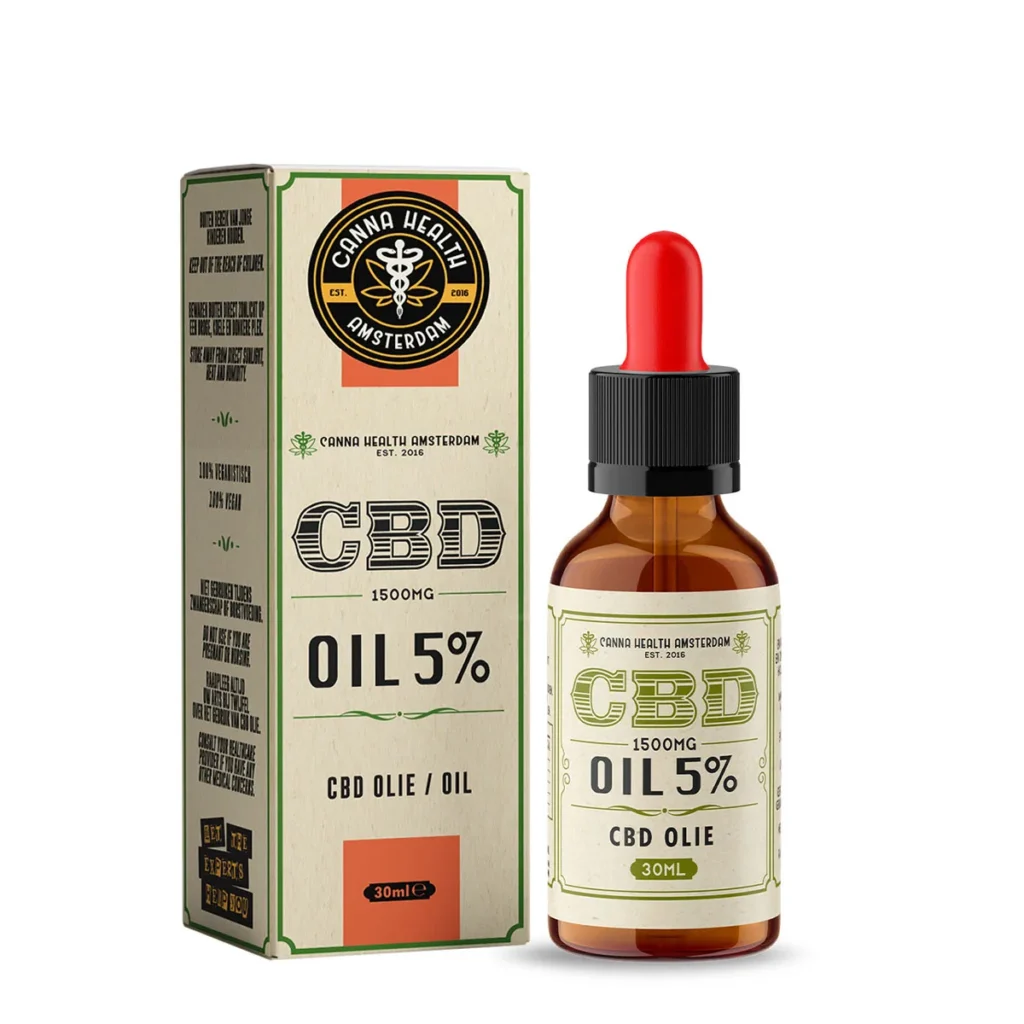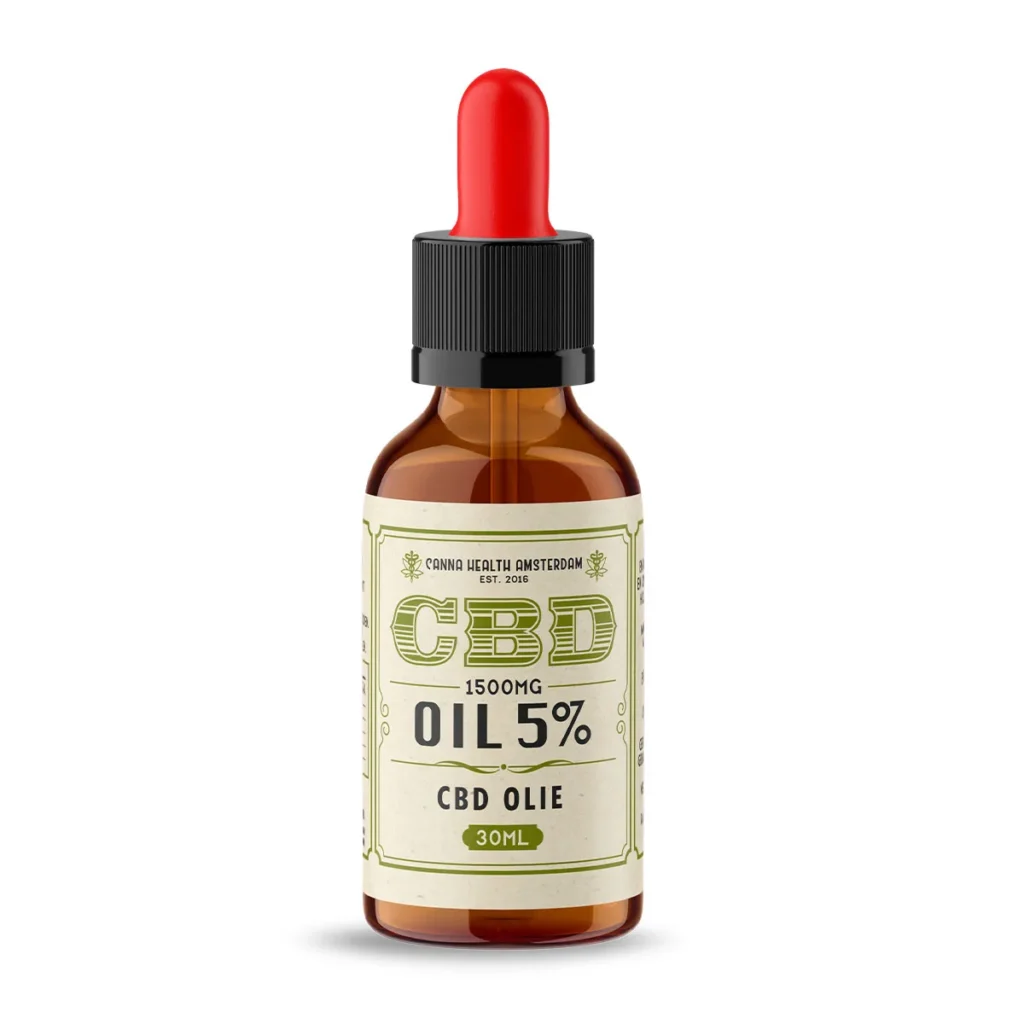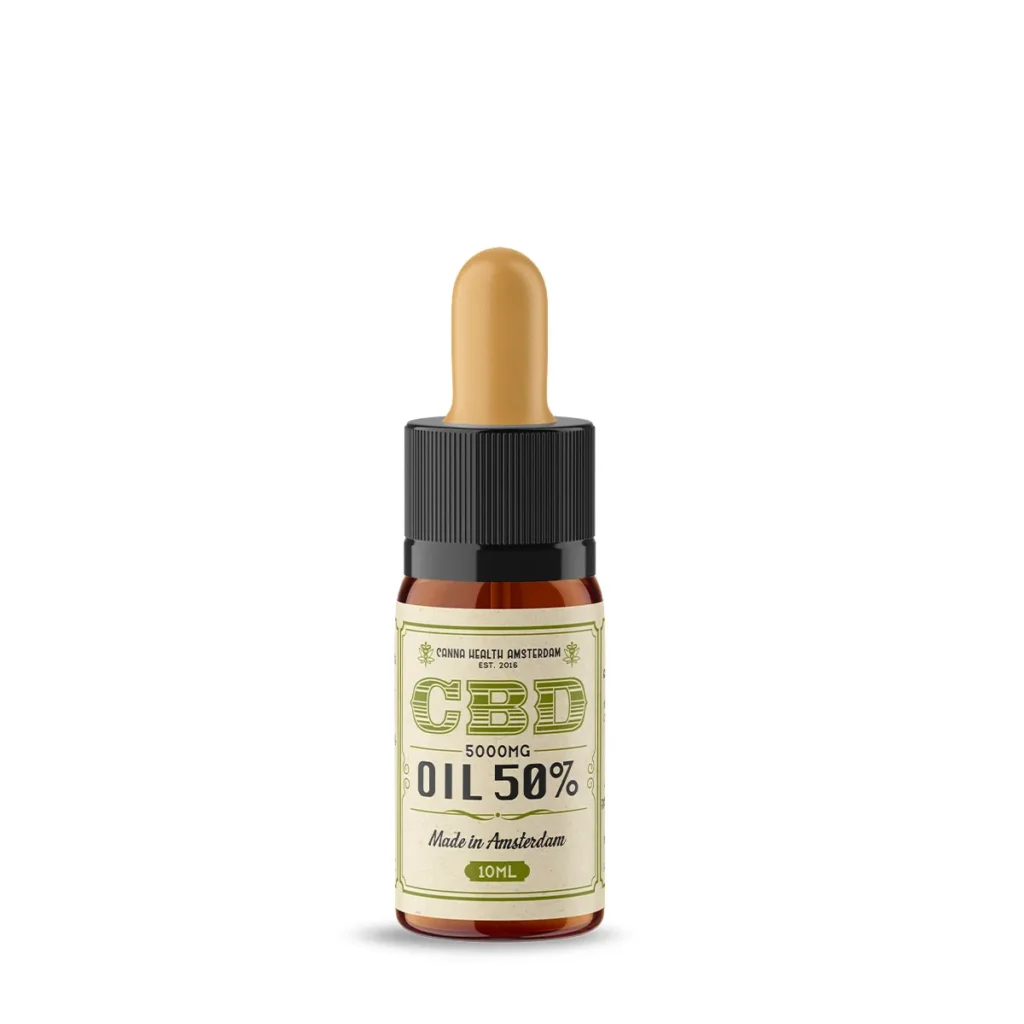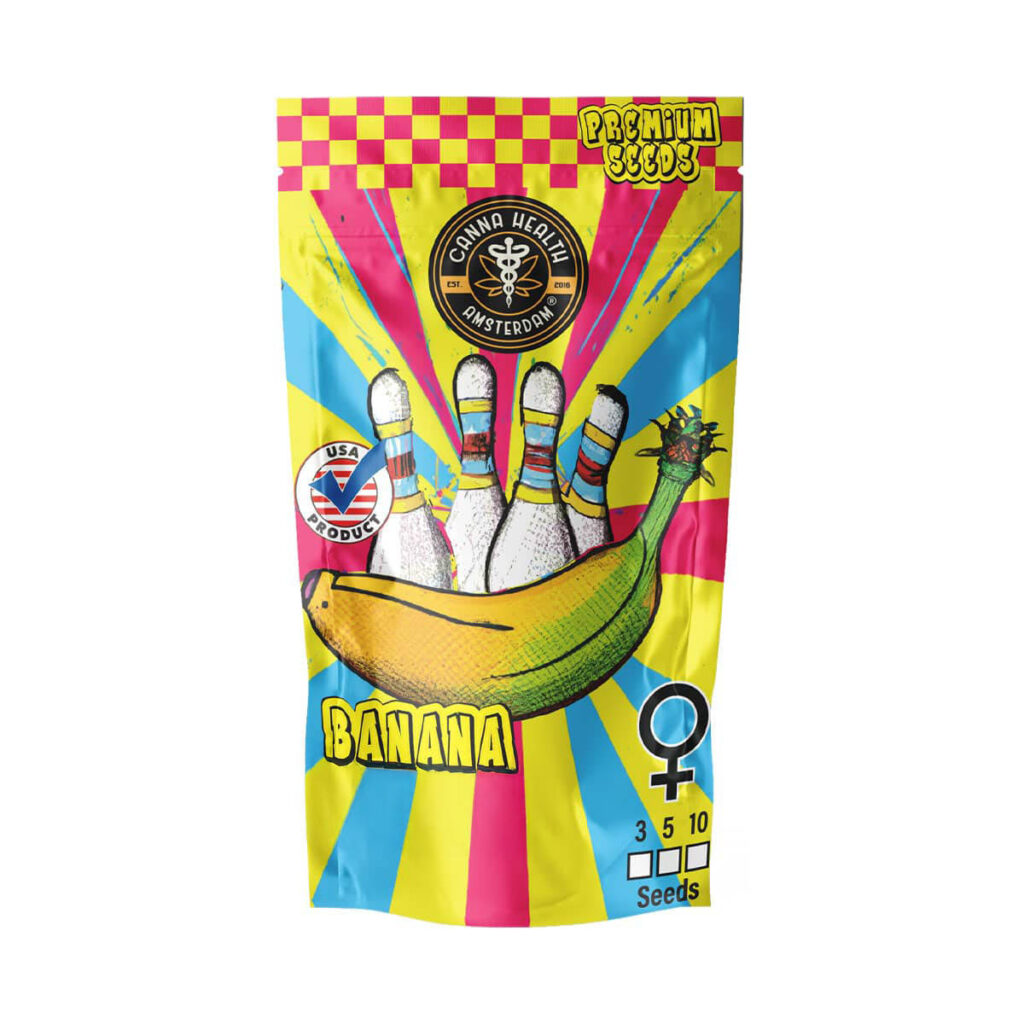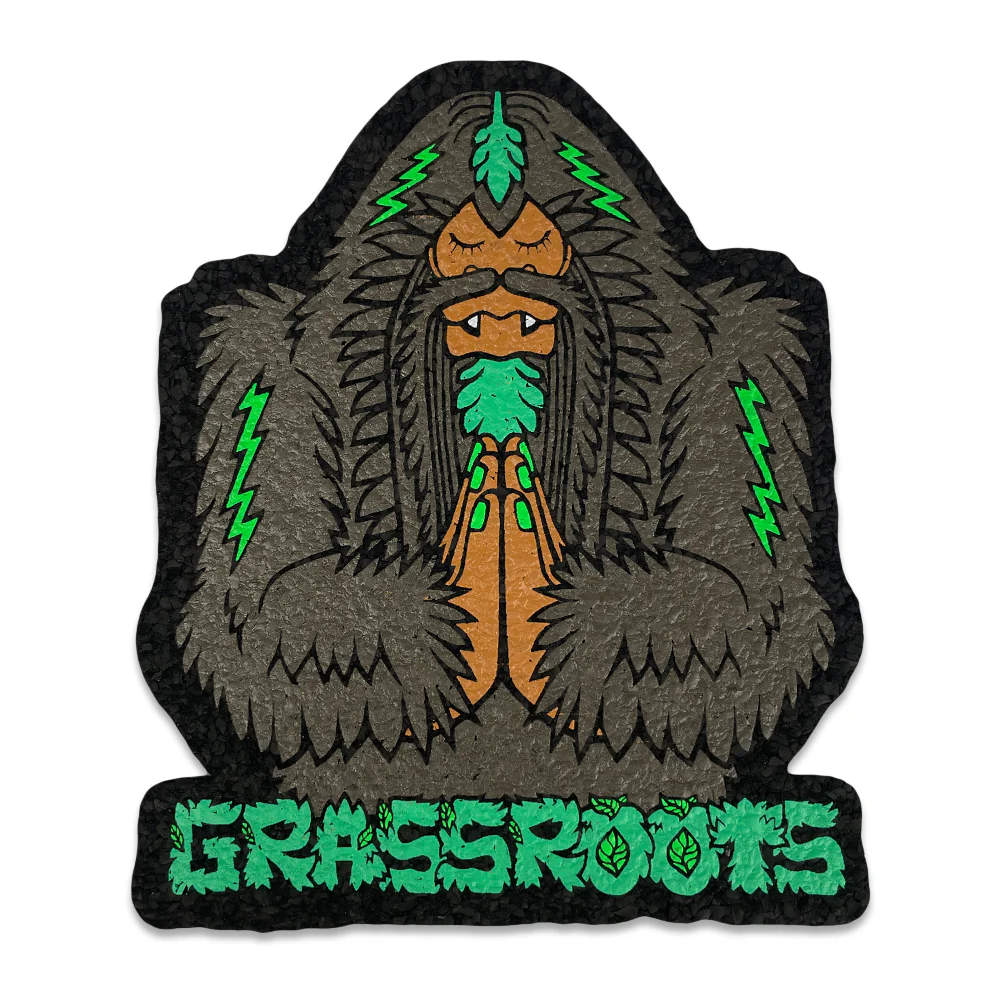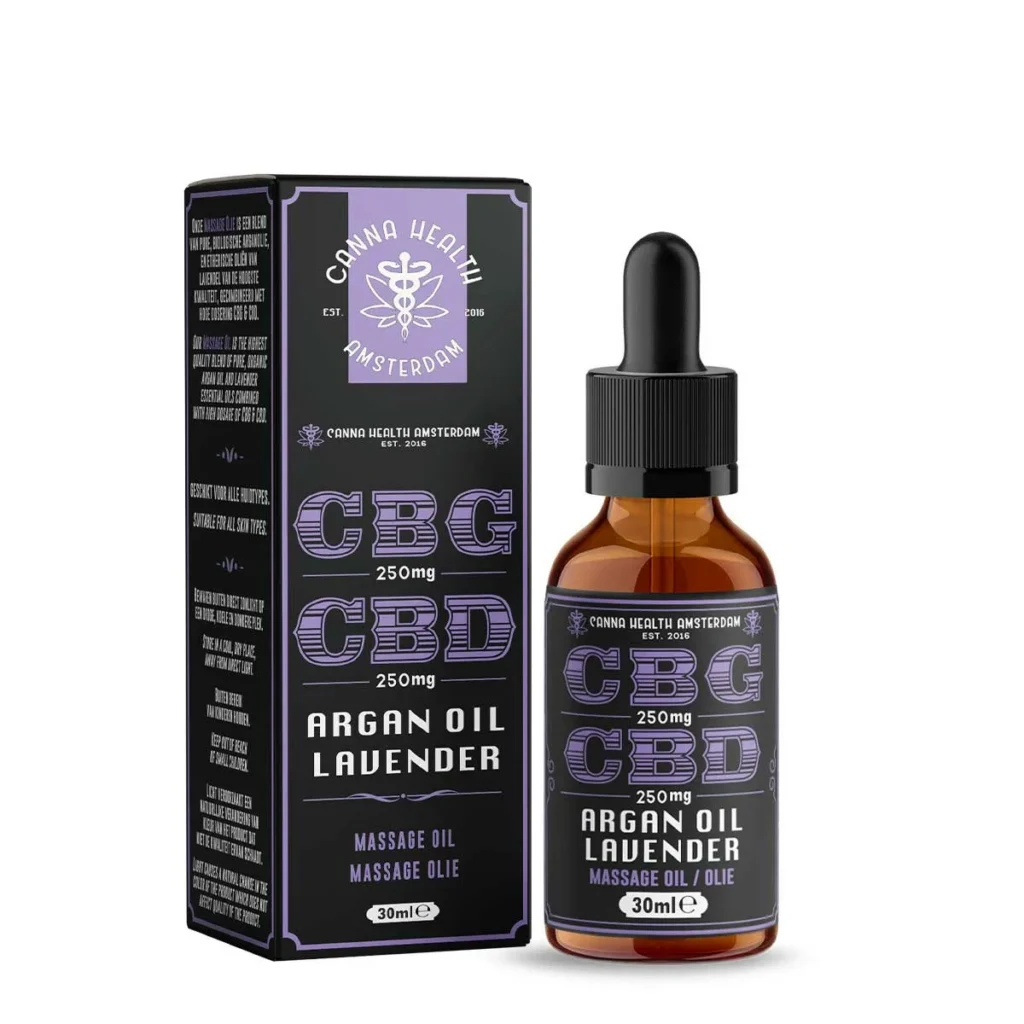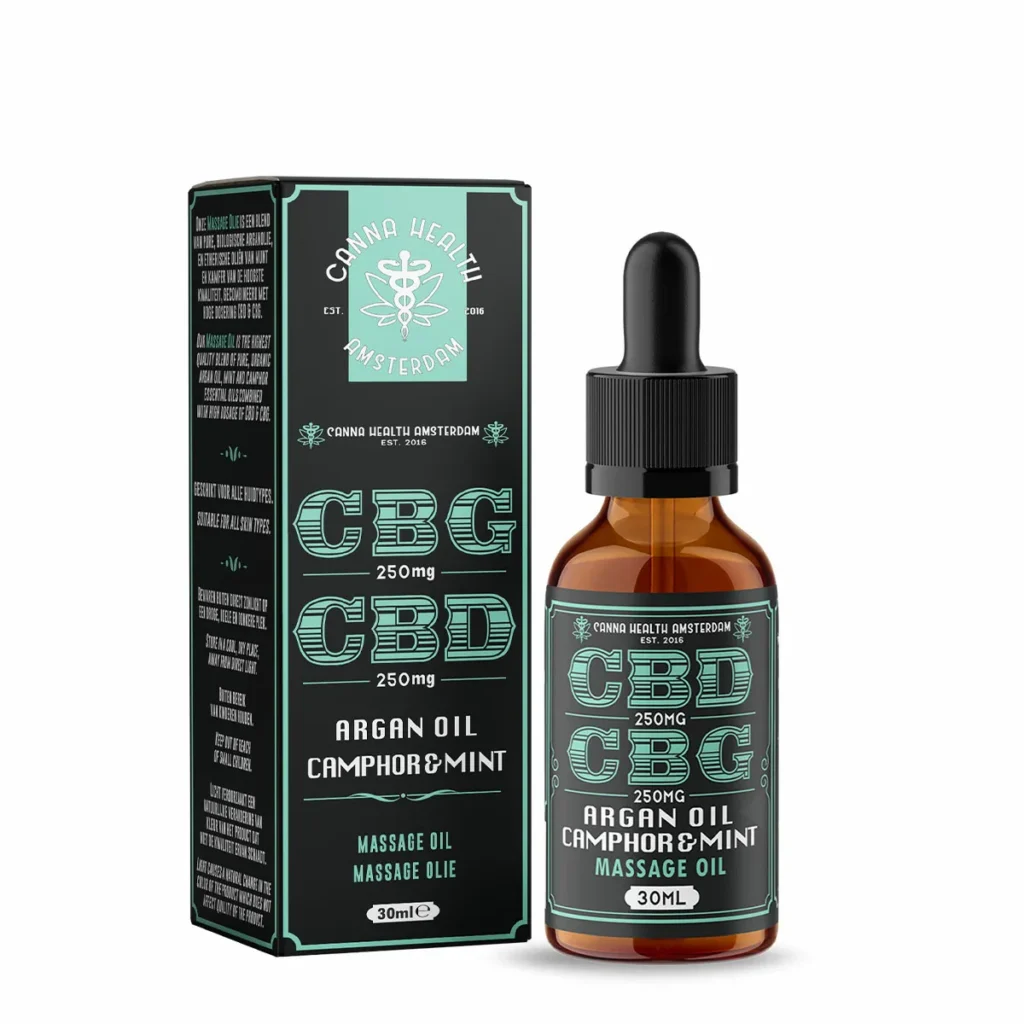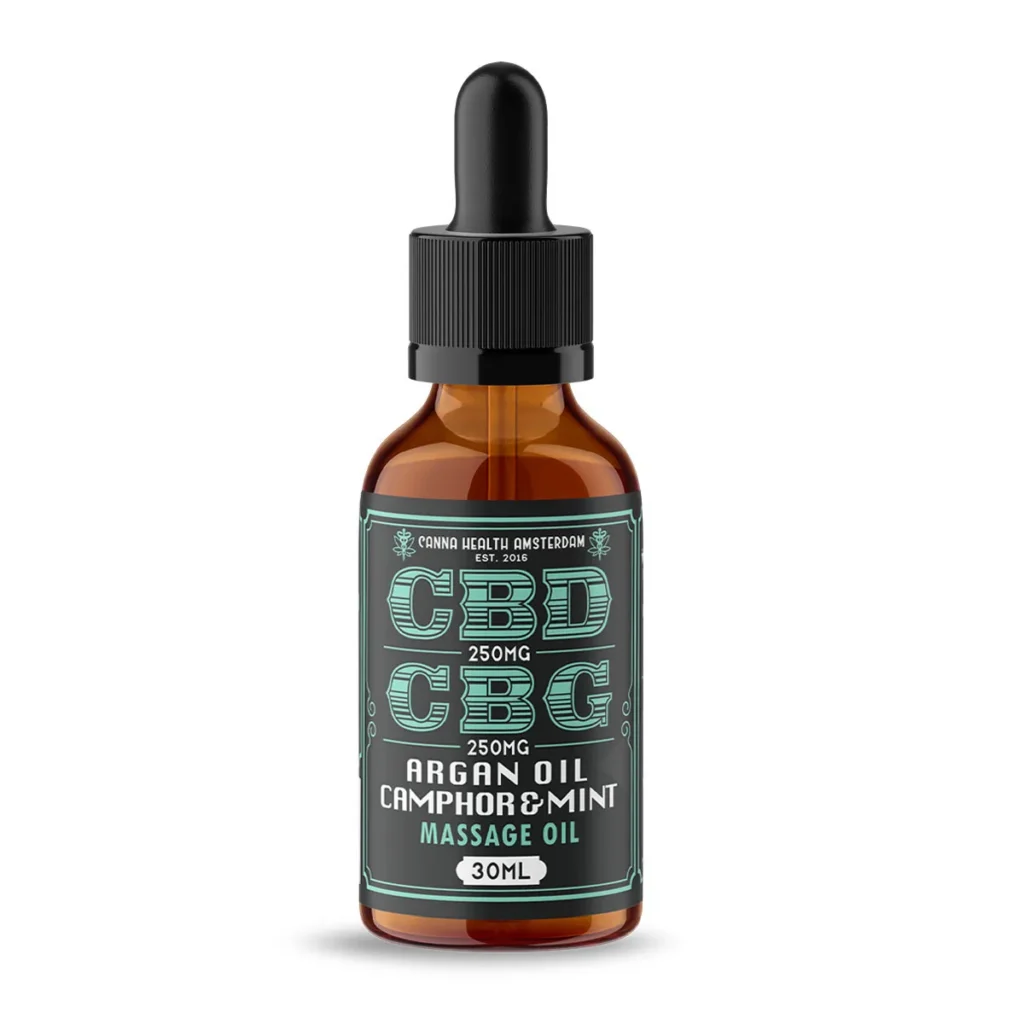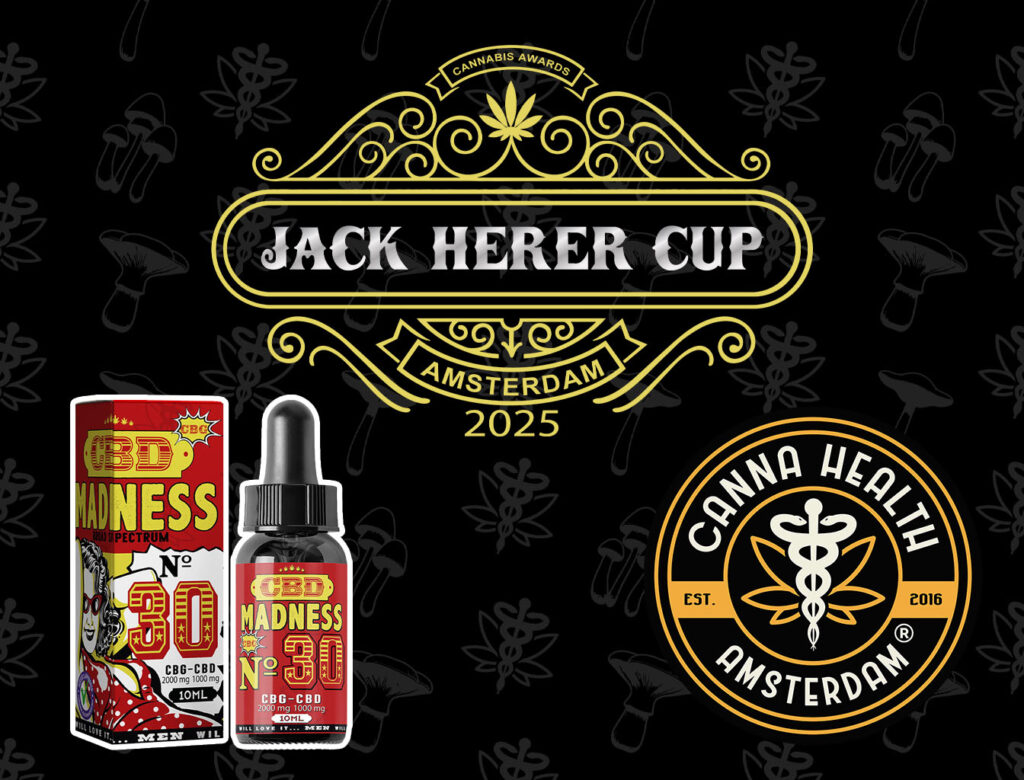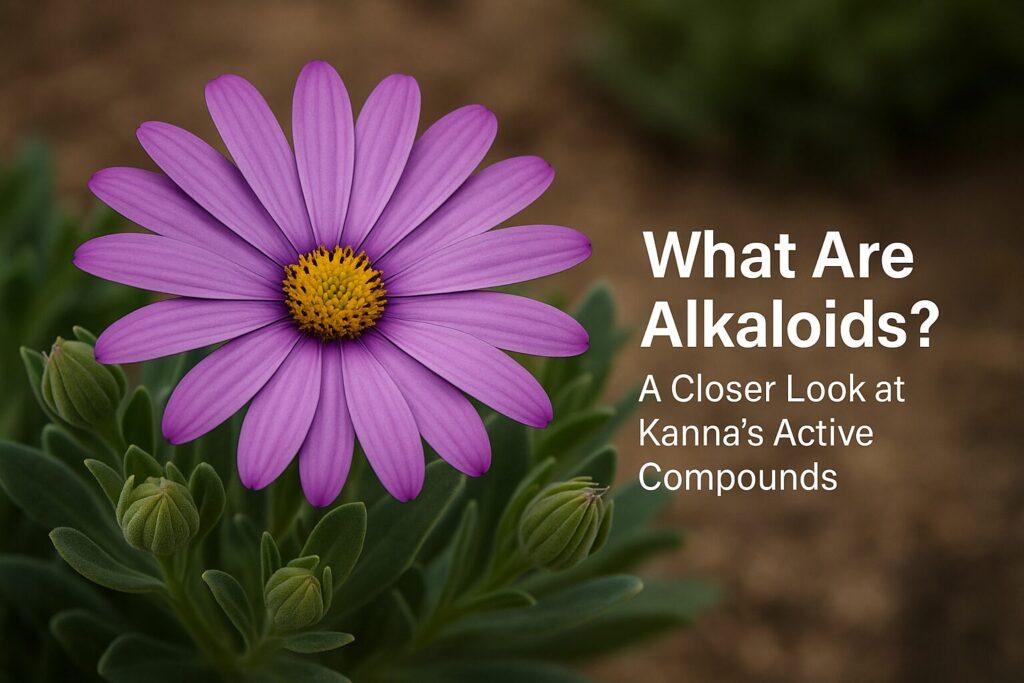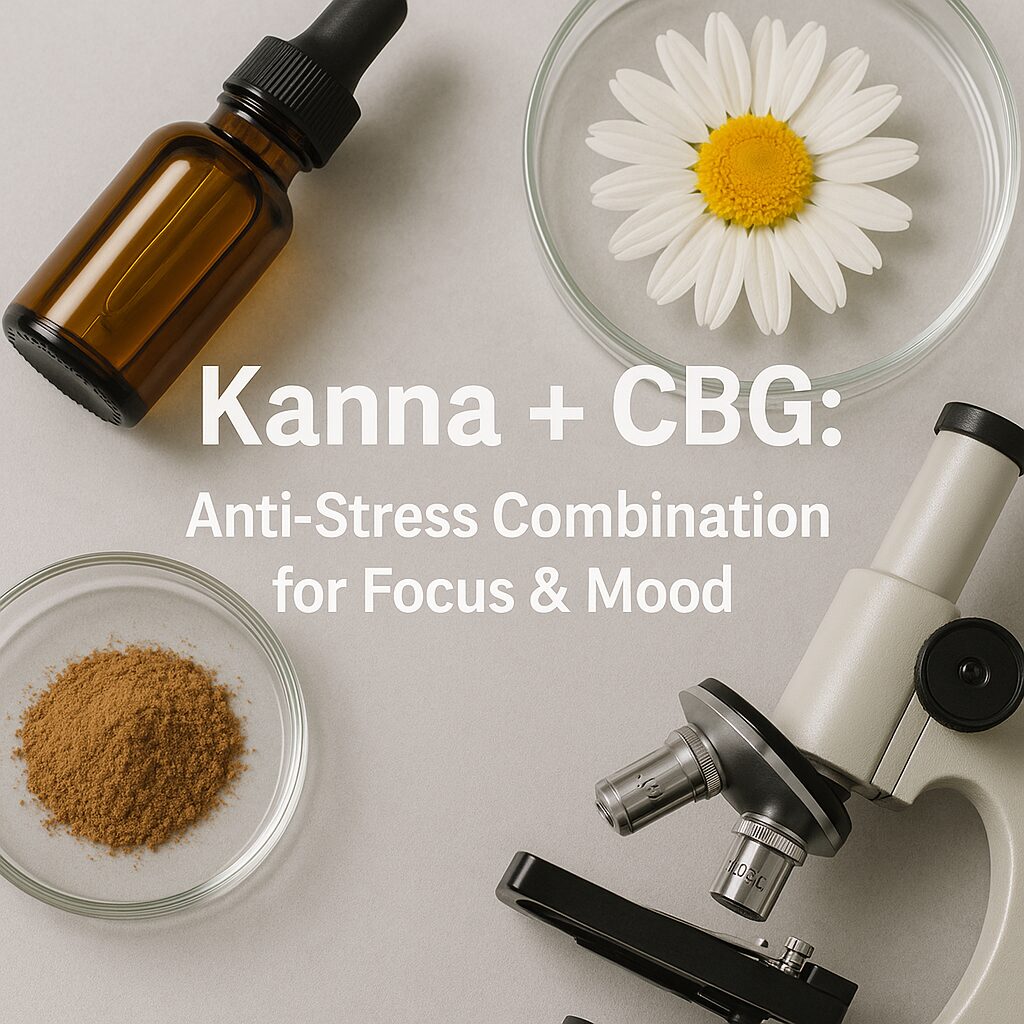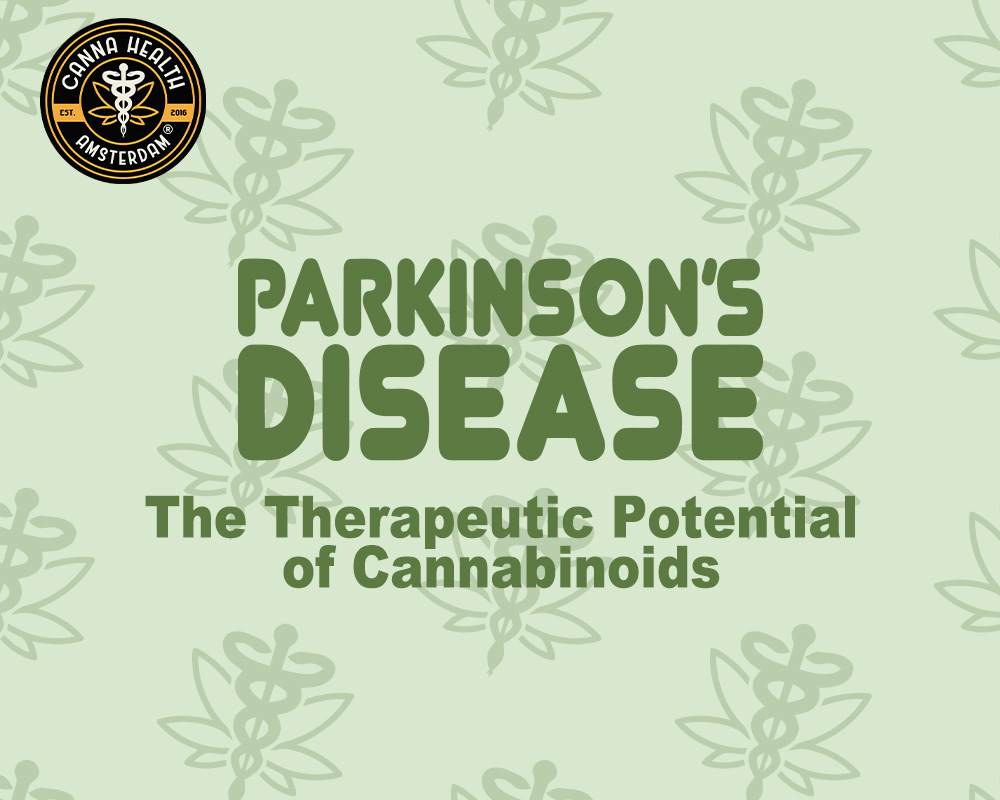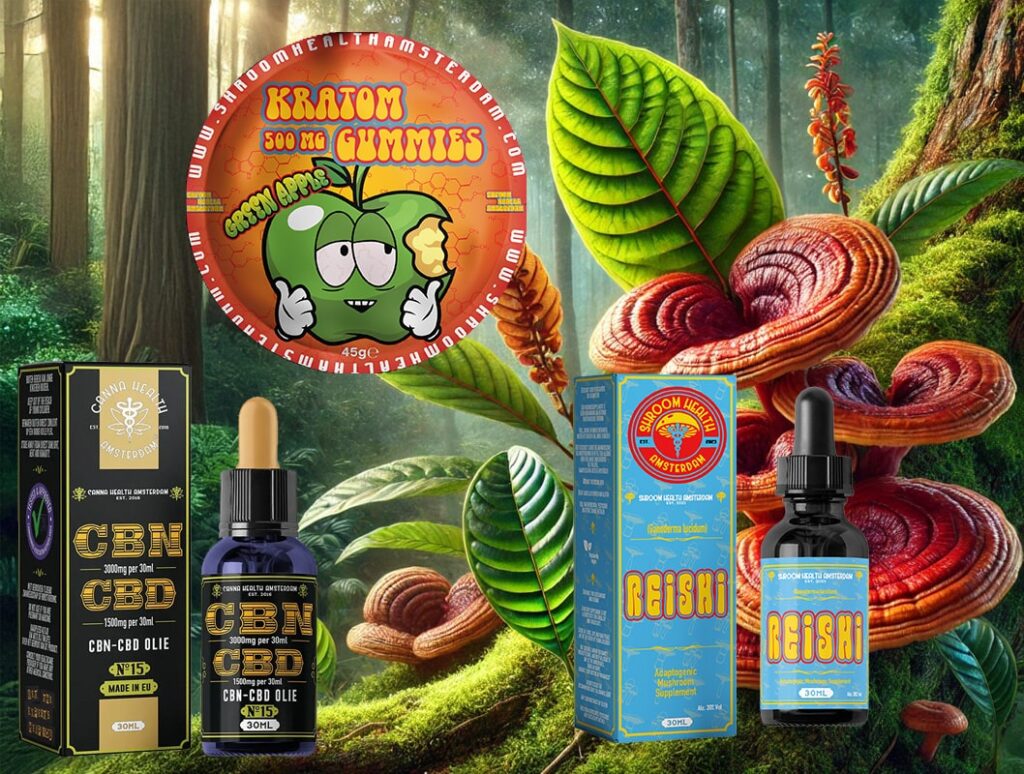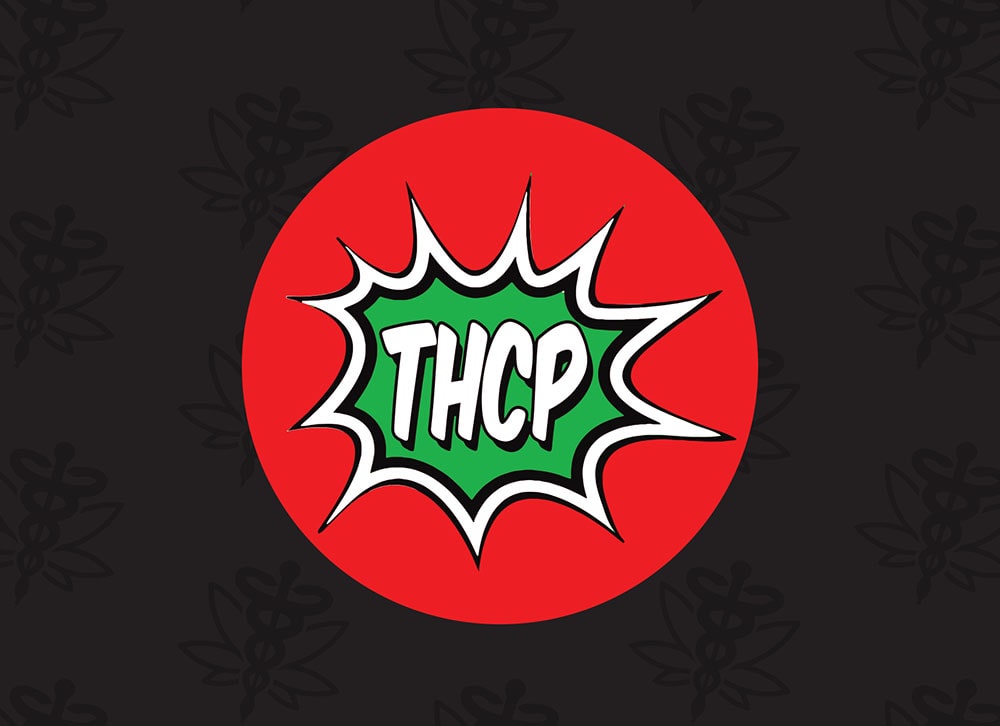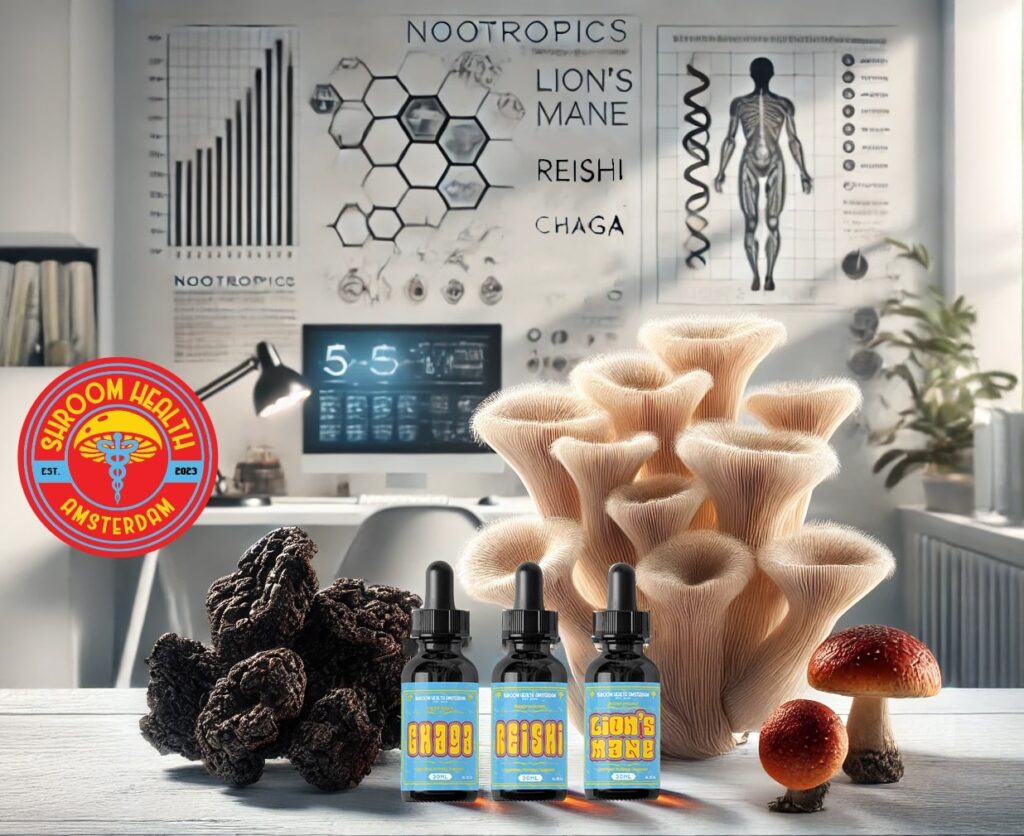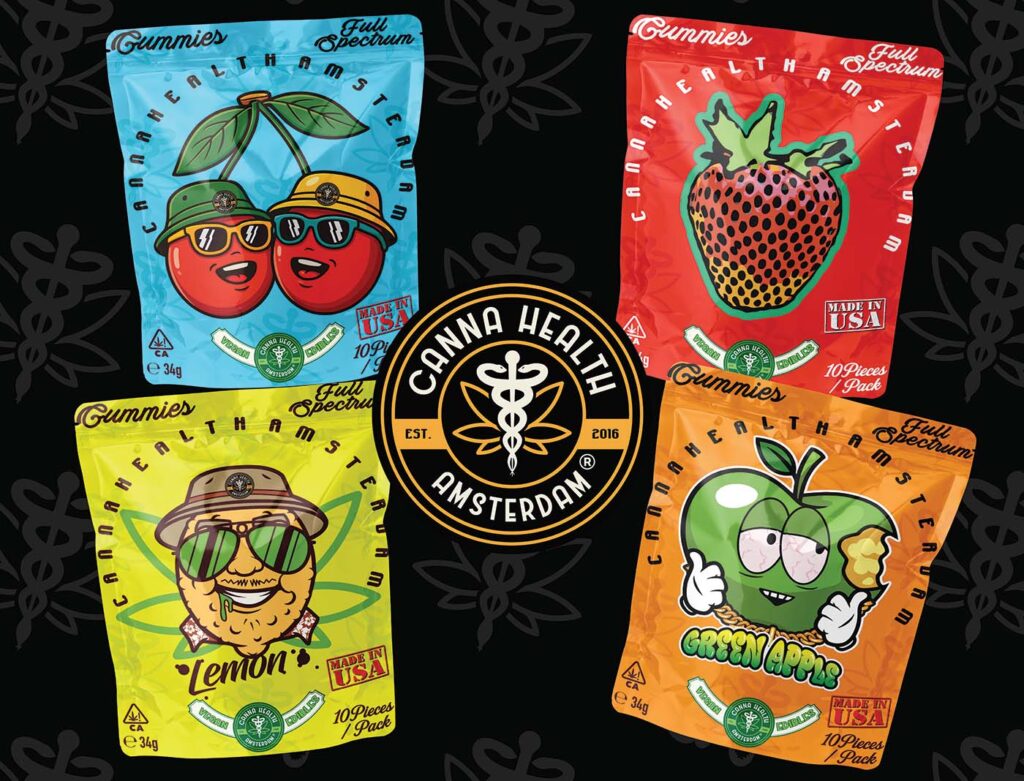
Blog
Exploring the Therapeutic Potential of CBG in Neuroinflammation
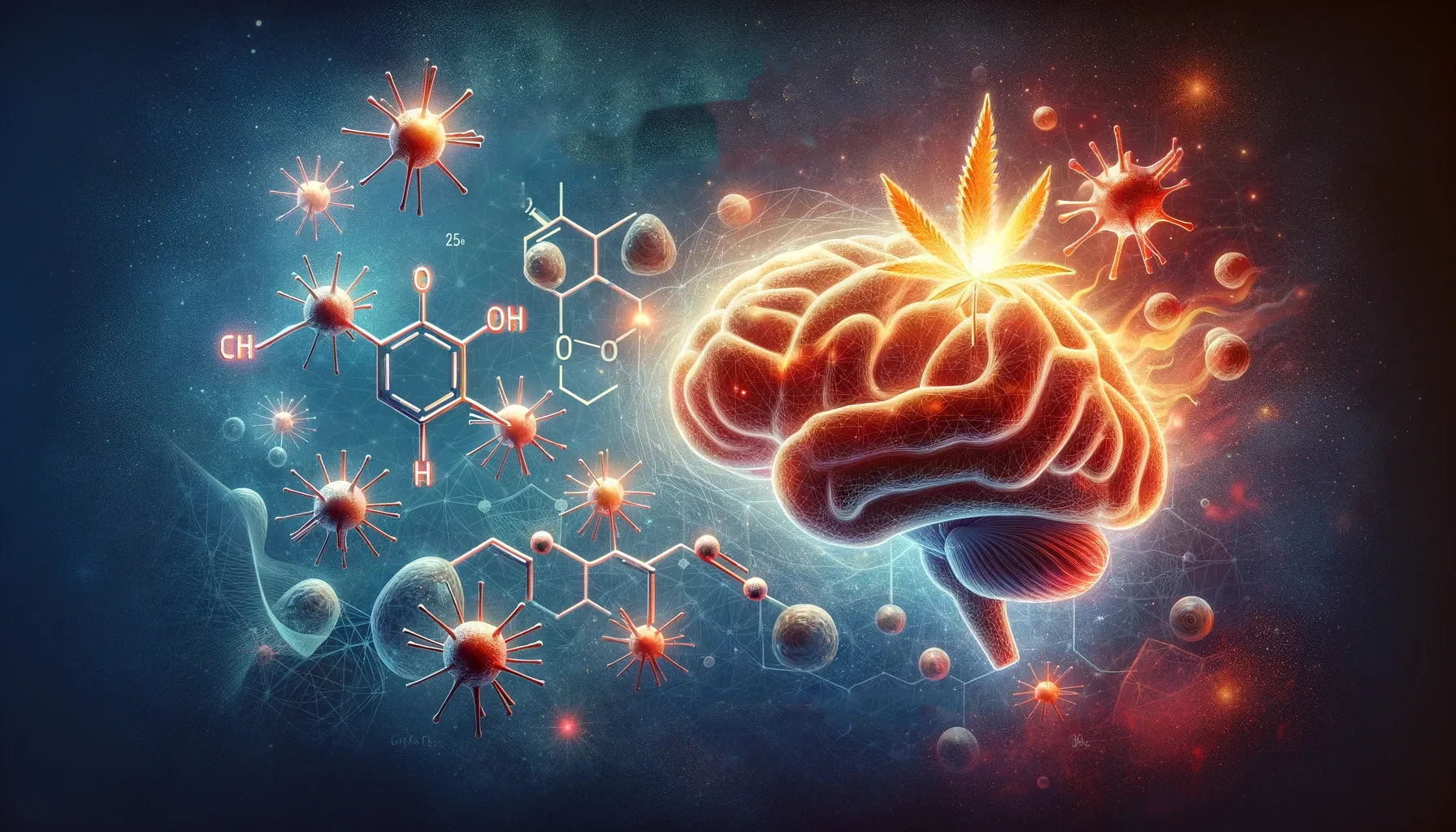
Introduction: The Potential of CBG in Neuroinflammation and Neurodegenerative Diseases
Cannabigerol (CBG), a lesser-known cannabinoid from the cannabis plant, is increasingly gaining scientific interest due to its therapeutic potential. Notably, it stands out as an anti-inflammatory and antioxidant compound. These properties are particularly crucial in the context of neuroinflammation and neurodegenerative diseases like Parkinson’s and Alzheimer’s. In these conditions, chronic brain inflammation and ongoing oxidative stress occur, subsequently harming brain cells. Consequently, CBG’s ability to positively influence these harmful processes, offers substantial hope for new treatments. Therefore, it could significantly aid in managing, and potentially altering, the progression of these serious diseases.
Study Overview: Methodology and Design
The 2018 study published in the “International Journal of Molecular Sciences” presented a comprehensive investigation into the effects of CBG (Cannabigerol) on neuroinflammation using a mouse model. This approach was innovative. It utilized a well-validated animal model that closely resembles the neuroinflammatory processes observed in human neurodegenerative diseases. The methodology was multi-faceted:
- CBG Administration: Mice in the study received CBG, allowing researchers to observe the compound’s direct effects on a living organism’s brain.
- Biomarker Assessment: Post-administration, the study focused on analyzing a range of biomarkers. Researchers specifically chose these biomarkers for their relevance to inflammation and oxidative stress. These are key factors in neurodegenerative diseases like Parkinson’s and Alzheimer’s.
- Neuroinflammatory Model Mimicry: The mouse model was designed to mimic human neuroinflammation accurately, providing valuable insights into how CBG might interact with similar pathological processes in humans.
- Data Collection and Analysis: The study involved collecting data on how CBG impacted the expression of inflammatory cytokines, oxidative stress markers, and other relevant neurological parameters.
By employing this robust methodology, the study aimed to shed light on CBG’s potential therapeutic effects in a controlled, scientifically rigorous environment, providing a foundation for future research in this area.
Findings on CBG’s Effectiveness in Neuroinflammation and Stress Reduction
Mechanism of CBG in Neuroinflammation Reduction
This study, highlighted CBG’s potential in moderating neuroinflammatory responses. CBG, or Cannabigerol, is believed to interact with several molecular pathways that influence inflammation. Its primary mechanism involves inhibiting the release of pro-inflammatory cytokines, which are key players in promoting inflammation in the brain. This reduction in cytokines is crucial as it can prevent or lessen the inflammatory damage to neurons, which is a common feature in neurodegenerative diseases like Parkinson’s and Alzheimer’s.
Impact on Oxidative Stress and Its Relation to Neuroinflammation
Oxidative stress is another critical factor in the progression of neurodegenerative diseases. It results from an imbalance between free radical production and the body’s antioxidant defenses, leading to cellular damage. CBG showed antioxidant properties in the study, suggesting its ability to neutralize these harmful free radicals. This action is vital for protecting neurons from oxidative stress-induced damage. Furthermore, stress, especially chronic stress, exacerbates neuroinflammation by increasing stress hormones like cortisol, which can intensify brain inflammation. CBG might reduce oxidative stress and inflammation and this could lead to the interruption of the cycle contributing to neurodegenerative diseases. It might also slow down or even stop the progression of these diseases.
CBG’s Potential Impact on Parkinson’s Disease
Parkinson’s disease features degenerating dopaminergic neurons and Lewy bodies. CBG’s neuroprotective properties could be beneficial for this condition. It may reduce neuroinflammation and oxidative stress, both key in Parkinson’s neuronal damage. CBG could preserve neuron health and slow the disease’s progression. Studies on cannabinoids and Parkinson’s show promise, they suggest CBG might help manage symptoms and reduce neurodegeneration.
CBG’s Role in Alzheimer’s Disease
In Alzheimer’s disease, characterized by amyloid-beta plaques and neurofibrillary tangles, CBG’s anti-inflammatory and antioxidant actions could be crucial. CBG may help in reducing the inflammatory milieu and oxidative stress associated with Alzheimer’s, thereby potentially slowing the progression of cognitive decline and neuronal loss. Studies exploring the impact of cannabinoids on Alzheimer’s disease have suggested their therapeutic potential in modulating key pathological processes, further supporting the exploration of CBG in this context.
Conclusions and Future Prospects: Implications for Treating Neurodegenerative Diseases
The implications of these findings are substantial for the treatment of neurodegenerative diseases. The anti-inflammatory and antioxidant properties of CBG could potentially slow the progression of diseases like Parkinson’s and Alzheimer’s. However, it’s crucial to note that these results are preliminary, and further research is needed to confirm these findings in human subjects. The study paves the way for future research, potentially leading to new therapeutic approaches that incorporate CBG or other cannabinoids in the management of neurodegenerative diseases.
In conclusion, the 2018 study in the “International Journal of Molecular Sciences”, highlights CBG’s promising role in combating neuroinflammation, offering a potential new avenue for treating challenging neurodegenerative disorders. The continuation of such research is vital for unlocking the full therapeutic potential of cannabinoids like CBG.
10% CBD Oil – 3000 mg CBD

Kick the stressors of your hectic work and personal life. Experience a profound sense of relief and relaxation with the purest 10% CBD Oil.
CBD binds to brain receptors to improve mood, reduce stress, regulate sleep, and possibly relieve pain. 10% CBD Oil contains 0% THC, which means zero psychoactive effects—you can indulge anytime and anywhere.
100% NATURAL - VEGAN - GLUTEN-FREE - 0% THC
10% HHC OIL – 3000 mg HHC (Research Standard)
NON-EU ONLY20% CBD Oil – 6000 mg CBD
5% CBD Oil – 1500 mg CBD
A clearer mind, uplifted mood, and a state of relaxation.
5% CBD Oil is the product of choice for anyone who wants to enter the wondrous world of CBD benefits. CBD binds to brain receptors to improve mood, reduce stress, regulate sleep, and possibly relieve pain.
100% Natural - Gluten Free - Vegan - 0% THC
50% CBD Oil – 5000 mg – 10ml
Banana OG Hybrid Feminized Seeds – Canna Health Amsterdam
Banana feminized seeds – a tropical USA hybrid (Banana OG Hybrid). Sweet banana aroma, high resin production, and a balanced euphoric high. Perfect for all growers!
Bigfoot One Meditation Moodmat
Blue Gold Macaw Feathers Snapback Hat
Introducing the Blue Gold Macaw Feathers Snapback Hat by Grassroots California – a beautifully designed hat featuring fine hemp front panels and a striking embroidered macaw design.
No Return Policy: No returns or exchanges are accepted. Please make sure to review your order carefully before completing your purchase.
Canna Health Amsterdam Official Hockey Jersey – Edition 2016-2021
Canna Health Amsterdam Official Hockey Jersey – Edition 2022
CBD – CBG MASSAGE OIL: Argan Oil & Lavender – 250 mg CBD, 250 mg CBG
CBD – CBG MASSAGE OIL: Argan Oil, Camphor & Mint – 250 mg CBD, 25O mg CBG
This minty massage oil has 250mg of CBG and 250 mg of CBD—the ‘cannabinoid power couple’ for elevated, soothing relief.
With premium Argan Oil, powerful Camphor, and rejuvenating Mint, this CBD Massage Oil is the total package. Camphor stimulates fraught nerves to calm symptoms of muscle stiffness and joint pain. Mint oil’s refreshing aroma is the perfect touch of calming coolness.
Disclaimer: This blog is for informational and educational purposes only. We review and reference available studies and reputable sources; however, content may not reflect the most current research or regulations and should not be taken as medical, legal, or professional advice. We do not make or imply health claims. Products mentioned are not intended to diagnose, treat, cure, or prevent any disease and statements have not been evaluated by EFSA or the FDA. Effects can vary between individuals. Always consult a qualified healthcare professional before use and verify that any product or ingredient is lawful in your jurisdiction.





